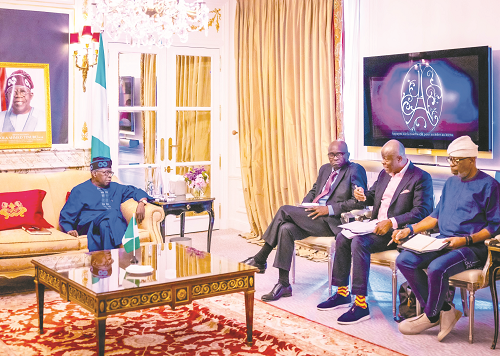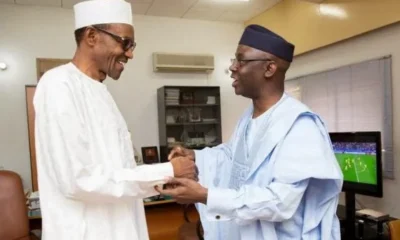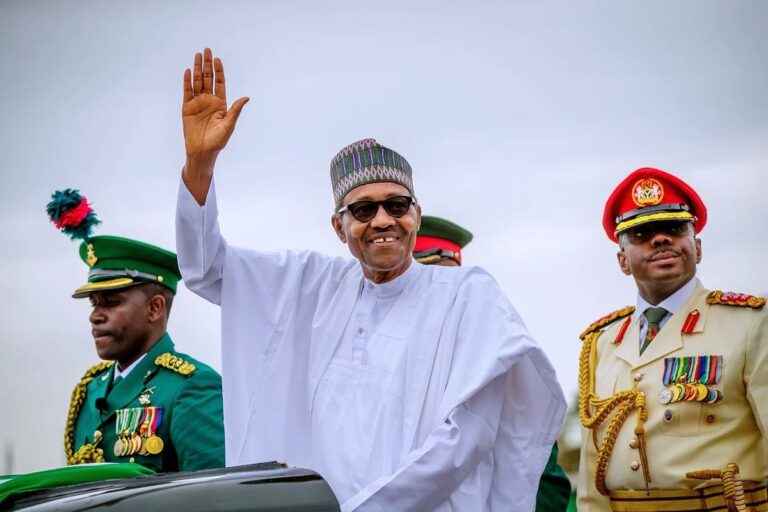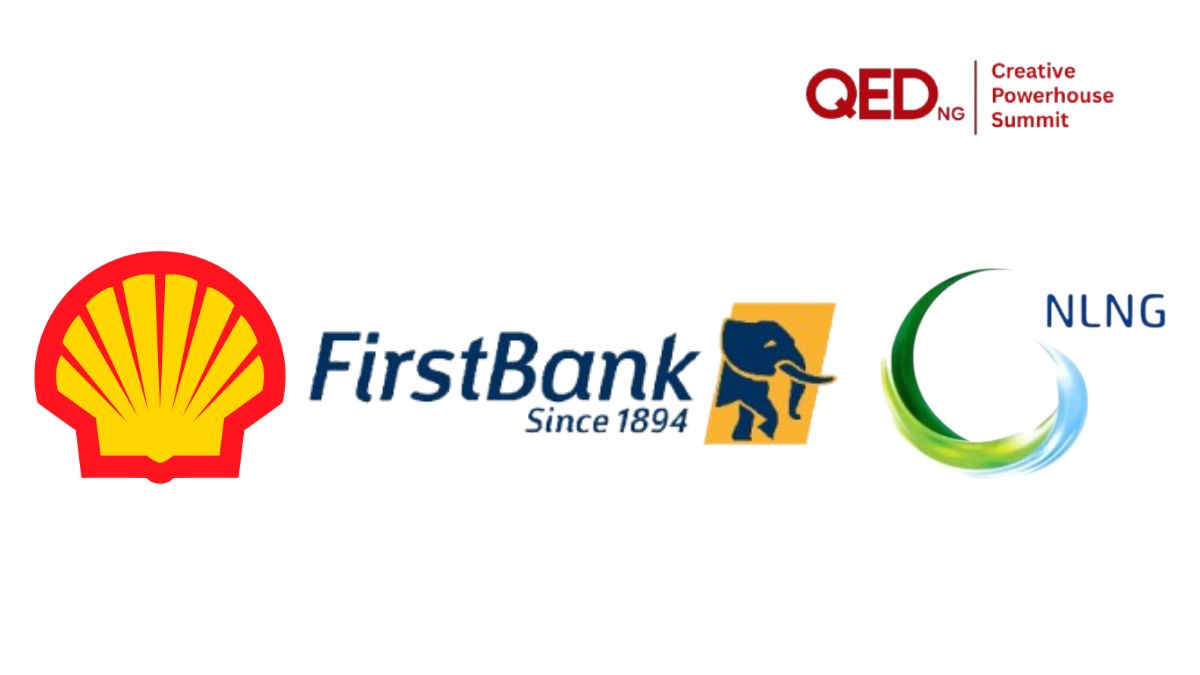President Bola Ahmed Tinubu, yesterday launched a deliberate effort to draw in foreign investment.
He restored their faith in Nigeria’s enormous economic potential and opportunities by announcing that his administration had eliminated growth-inhibiting factors.
Tinubu spoke in Paris, the French capital, where he had attended the two-day New Global Financing Pact Summit with other world leaders.
Power, infrastructure development, agriculture, and Small and Medium Enterprises (SMEs) are areas where businessmen expect significant improvement, according to the president, who pledged to implement further changes.
In Abuja, the Secretary to the Government of the Federation, Senator George Akume, sought the support of the United Kingdom in the war against insecurity.
It is the president’s first trip abroad since his inauguration on May 29.
Urging investors across the world to take advantage of the trade and investment opportunities in Nigeria, Tinubu assured them that the ongoing reforms will be sustained.
He said economic reforms, which had started with the removal of petrol subsidy and streamlining of exchange rates, were targeted at a more competitive economy, strong enough to attract Foreign Direct Investment (FDI).
According to a statement by his Special Adviser on Special Duties, Communication, and Strategy, Dele Alake, President Tinubu spoke while receiving the President and Chairman of the Board of Directors of African Export-Import Bank (Afrexim), Prof. Benedict Oramah, and President of European Bank for Reconstruction and Development (EBRD), Odile Renaud–Basso, on the sidelines of the summit.
He said: “We are ready for business, prepared to welcome investments.”
The President assured the delegation of AfreximBank Executives that the Federal Government will continue to stimulate the economy with policies that support investments in areas of Nigeria’s competitive advantage, particularly agriculture.
Tinubu said: “We need reforms for national survival.
“We must stimulate recovery for the growth and prosperity of our people, which will not be far away.
“Nigeria is ready for global business and our reform is total. Nigeria is blessed with human and material resources.”
Tinubu said his administration will pay attention to the development of infrastructure, health, energy, and agriculture.
The President of AfreximBank commended President Tinubu for the bold steps in removing the fuel subsidy and unification of the exchange rate, assuring him of the full support of the financial and development institution in the ongoing reforms.
Oramah said the bank was already building the first African Specialist Hospital in Abuja, and Energy Bank, pledging to inject more money into the economy to further build the confidence of investors.
President Tinubu told the EBRD president: “We are challenged in terms of reforms, and we have taken the largest elephant out of the room with the removal of fuel subsidy.
“Multiple exchange rates are equally gone. We are determined to open up the economy for business. Consider us a stakeholder in the bank.’’
He said Nigeria’s economy was too large and potent to be ignored, adding: “Ignoring Nigeria will be a peril to the universe.’’
Renaud-Basso said it would be a mistake for the bank not to invest in Nigeria, after considering six potential economies for investment.
She explained that the focus would be on the private sector, especially SMEs.
The President also joined world leaders on the consensus for redesigning the global financial architecture, which will favor poverty reduction, debt restructuring or cancellation, and more consideration for vulnerable countries affected by climate change and COVID-19.
The President, who arrived at the venue of the event, Palais Brongniart, at 8.59 am (local time), for the opening ceremony of the summit was received by the French Minister for Europe and Foreign Affairs, Catherine Colonna.
Welcoming the world leaders, French President Emmanuel Macron said the summit would focus on drawing up a new financial order that will scale up finances and support developing countries for energy transition and poverty reduction while respecting the sovereignty of each nation.
The French President noted that African countries had been at the receiving end of the major global challenges, with debt hangovers that hamper growth and development.
Macron said: “Covid-19 pandemic brought lots of difficulties and now we are faced with the war in Ukraine that has been draining resources that should be channeled into human development.”
Macron told the leaders from 50 countries, multilateral institutions, and the private sector that justice and fairness must be considered in redesigning the new world financial architecture, with more focus on the most vulnerable.
He listed four elements for consideration by the leaders, starting with an acknowledgement that poverty reduction would require collective efforts, with a more diverse and comprehensive framework.
He stressed: “We must admit that no country can succeed alone in reducing poverty and protecting the planet.”
Macron said the framework should be relevant to each country, and subregional roles included, with clear responsibilities and benefits, while multilateral institutions like the International Monetary Fund and World Bank must be re-engineered to be more people and solution-driven.
The French President said the private sector should be carried along in the new pact that seeks to harmonize growth, as they control most of the financial instruments that need to be liquified for more even development, especially in health, education, and food security.
On behalf of the African countries, the President of Niger Republic, Mohammed Bazoum, said the new pact must be “urgent” and “essential” to Africa, adding that the framework should be “just” and “robust” in reflecting the reality of developing countries as partners.
Bazoum said the challenges of impoverishment and desertification had stimulated unrest in most countries, thereby affecting peace and stability in sub-regions and the continent.
He said: “In Africa, we need support for infrastructure, health, food security, and education.”
UN Secretary-General Antonio Guterres said the summit would need political will for the implementation of its resolutions.
He said many countries were still struggling from the effects of Covid-19 and climate change, adding that the war in Ukraine had heightened suffering.
Guterres said some African countries had been unable to service their debts, with indications that generations might be affected.
“African countries,” Guterres said, “were not properly captured in the global order.”
He said the new global financial pact must address fragmentations and frustrations, and foster a change that encourages debt relief, suspension of repayments, change of business models, and more commitment from development banks, with guarantees.
The UN scribe said leaders must look beyond reforms and accept the need for transformation.
Climate activist, Vanessa Nakate, from Uganda, who called for a moment of silence for the helpless and hopeless across the world, said broken promises cost the lives of many in developing nations.
The Presidents and leaders of multilateral institutions and the private sector at the Summit went into syndicate sessions to discuss the new financial architecture.
Reforms non-negotiable says Adesina
President of the African Development Bank (AfDB) Dr. Akinwunmi Adesina said financial institutions are critical to global financial stability.
He spoke on Special Drawing Rights (SDRs) and the role of the multilateral network of institutions and helping vulnerable countries.
He emphasized that to solve the numerous challenges across the world today, there is a need for immense political support.
Adesina spoke alongside Edouard Ngirente, Prime Minister of Rwanda; Kaiser Saïed, President of the Tunisian Republic; Mahamat Idriss Deby Itno, President of the Republic of Chad; Ranil Wickremesinghe, President of the Democratic Socialist Republic of Sri Lanka; and Kristalina Georgieva, Managing Director of the International Monetary Fund (IMF). The session was moderated by the First Deputy Prime Minister of Spain, Nadia Calvino.
Adesina said: “If you are going to solve the problem that we face today, we need great political support for the reforms that are going to be needed.
“We also need financial institutions. We need the global financial architecture to work much better, all the way from IMF, fiscal stability, and multilateral development banks that have the knowledge, skills, experience, and the instrument to drive investment in water, sanitation, agriculture, energy, and all of that. How we work as a system is very important.”
Adesina added: “In the whole issue of debt treatment and debt resolution, sometimes, I feel it is like a patient that goes to a doctor and the doctor keeps saying come back tomorrow, keep making it more complicated and by the time the patient is supposed to be treated, he is dead, it becomes a post-mortem kind of a thing.
“If you check the case of Africa, like in the 90s, it was such a protracted process. It was not transparent. We had a lost African decade in that period. It is a great thing to have a common framework.
“Another point is the multiplicity of the creditors we have today. In 2000, Africa’s debt, 52 percent of it was held by bilateral creditors; today it is 25 percent.
“In 2000, we only had 17 percent of the total debt held by the commercial creditors, today it is 43. So today, that landscape has changed tremendously.
“We do need to have a more coordinated approach. I commend all the efforts going into the G20 common framework, and your support for them, but I do think we need to improve the speed things get done.
“I’m not a fan of natural resource bank loans in Africa because they are not transparent, and in most cases, a lot of corruption.
“We have about almost $60 billion of debt that is backed by oil, gas, metals, and blue economy.
“I think we should end all types of natural resource bank loans. They are not in the interest of those countries.”
Adesina stressed the need for more resources to cope with climate change, conflict, rising inflation, and debts.
He said: “When we were facing COVID-19, Africa got support which helped many African countries to deal with the challenges.
“We’ve several more challenges, we’ve COVID-19, climate change, conflict issues, rising inflation, debts, and all of these. We need more resources than ever before.”
Tinubu: It’s no longer business as usual
President Tinubu said Nigeria and other African countries were committed to the challenges of climate change, poverty, and sustainable development.
Tinubu contributed to a session, titled: “Ensuring more reliable, comparable information and data.”
Other panelists included: David Craig, Co-Chair of the Taskforce on Nature-related Financial Disclosures (TNFD); Mark Carney, Co-Chair of the Glasgow Financial Alliance for Net Zero (GFANZ); Mary Schapiro, Vice-Chair of Global Public Policy at Bloomberg; Sabine Mauderer, Vice-Chair of the Network for Greening the Financial System; and United Nations Special Envoy, Catherine Mckenna
Ambassador Adamu Ahmed, who represented Tinubu at the session, said: “President Tinubu is committed to climate and sustainability development. We’ve also seen the level of attendance of other African countries and their heads of state at the highest level, which clearly indicates that Africa is on board on this journey.
“A few years ago, the issue of climate was on the table of most African countries. There is this belief that it (climate change) is just a Western agenda and that Africa has more pressing issues.
“But, in the past years, the narratives have started changing, largely because of many reasons, especially with the climatic factors affecting the countries.
“Last year, many African countries were faced with unprecedented flooding. It affected lives and livelihood, leading to destruction and death. We also have issues of deforestation and desertification.
“It is no longer a matter of debate, it is now a matter of reality. We’ve moved beyond debate to accept that sustainable development is on the table.
“We believe we’re more pressing social issues in Africa. The argument has been that world leaders should elevate social issues just like environmental issues.
“I must commend President Macron who has brought the issue of poverty to the table. This summit is about climate, people, and diversity.
“The severe financial and economic crisis that African countries found themselves in after COVID-19 is all over.
“There are economic difficulties, and we’ve all realized that public resources would no longer solve the problem. We need to track private capital and for us to track the capital, we need to compete with other countries around the world.
“It is no longer business as usual for African countries; we now need to join the discourse. We need to compete with the rest of the world. We welcome the idea of President Macron to develop Net-Zero Data Public Utility (NZDPU) because we feel it is an open free repository which will greatly help African countries.
“The message from the African continent is that we are on board, we want to join the international community. We are now seeing movement from mere commitment to concrete transition plans.
“For example, in Nigeria, we enacted the Climate Change Act in 2021 which enables us to establish the Climate Change Council in which the president is the head.
“It enables us to establish a climate change fund and National Action Plan on climate change which reels our road map to the net zero targets.
“We put our target to 2060 because we are aware of the enormous challenges we are confronting. We have tried to form regional partnerships as African countries.”

 BIG STORY3 days ago
BIG STORY3 days ago
 BIG STORY4 days ago
BIG STORY4 days ago
 BIG STORY5 days ago
BIG STORY5 days ago
 BIG STORY12 hours ago
BIG STORY12 hours ago
 BIG STORY4 days ago
BIG STORY4 days ago
 BIG STORY4 days ago
BIG STORY4 days ago
 BIG STORY2 days ago
BIG STORY2 days ago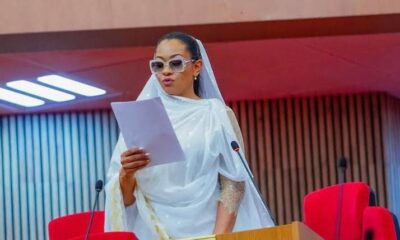
 BIG STORY4 days ago
BIG STORY4 days ago




